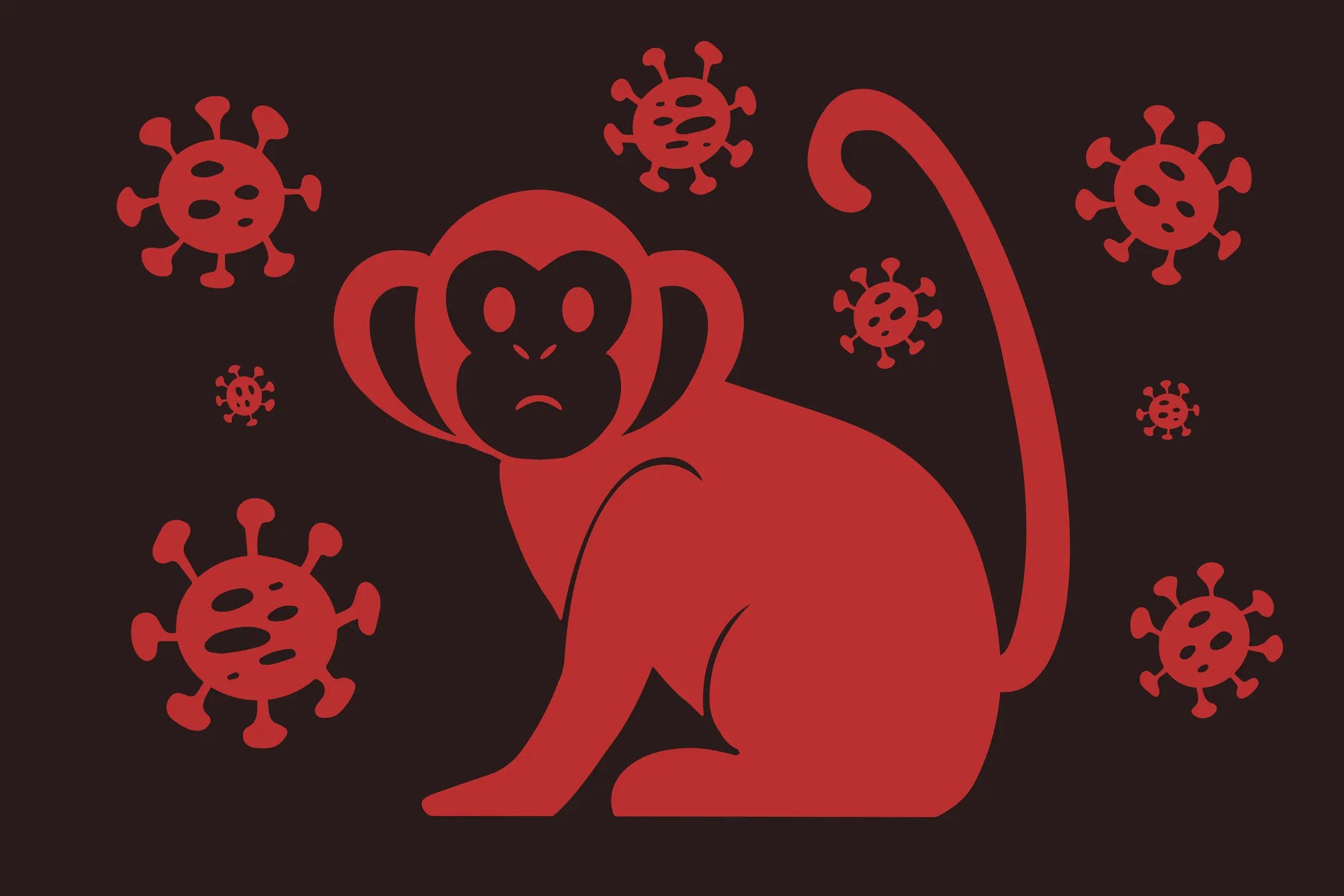Researchers investigating the genetic make-up of the MonkeyPox virus have said the virus appears to have mutated far, far more than would normally be expected and has undergone a period of “accelerated evolution”. So far 50 new mutations of the MonkeyPox Virus have been found.
What Is MonkeyPox Virus And In How Many Countries It Has Spread So Far?
MonkeyPox is a rare disease believed to have its origin in animals. It is from the same family of viruses as smallpox. Usually, MonkeyPox is localized within West and Central African countries but this year has seen the first multi-country outbreak, including cases without known links to West or Central Africa, with more than 3,500 cases reported in 48 countries as of Thursday, according to the U.S. Centers for Disease Control and Prevention (CDC).
50 Genetic Variations Of The MonkeyPox Virus
In the latest study, researchers discovered around 50 genetic variations of the MonkeyPox virus. This, they said, “is far more than one would expect considering previous estimates” of the mutation rate of orthopoxviruses of which MonkeyPox is a type—between six and 12 times more.
How Many Mutations Of MonkeyPox Virus Scientists Were Expecting?
Scientists usually don’t expect viruses like MonkeyPox to gain more than one or two mutations each year, the study authors noted.
Types Of MonkeyPox Viruses And How Much Each Of Them Is Dangerous?
MonkeyPox virus strains can generally be sorted into two types, known as the West African and Congo Basin Type, according to STAT. The viruses in each type carry different fatality rates; the West African type has a roughly 1 percent fatality rate, while the Congo Basin type kills an estimated 10 percent of those it infects.
How Do You Catch MonkeyPox?
MonkeyPox is spread when you come into contact with an animal or a person infected with the virus. Animal-to-person transmission occurs through the broken skin of an infected animal. While Person-to-person spread (transmission) occurs when you come in contact with the sores, scabs, respiratory droplets or oral fluids of an infected person.





